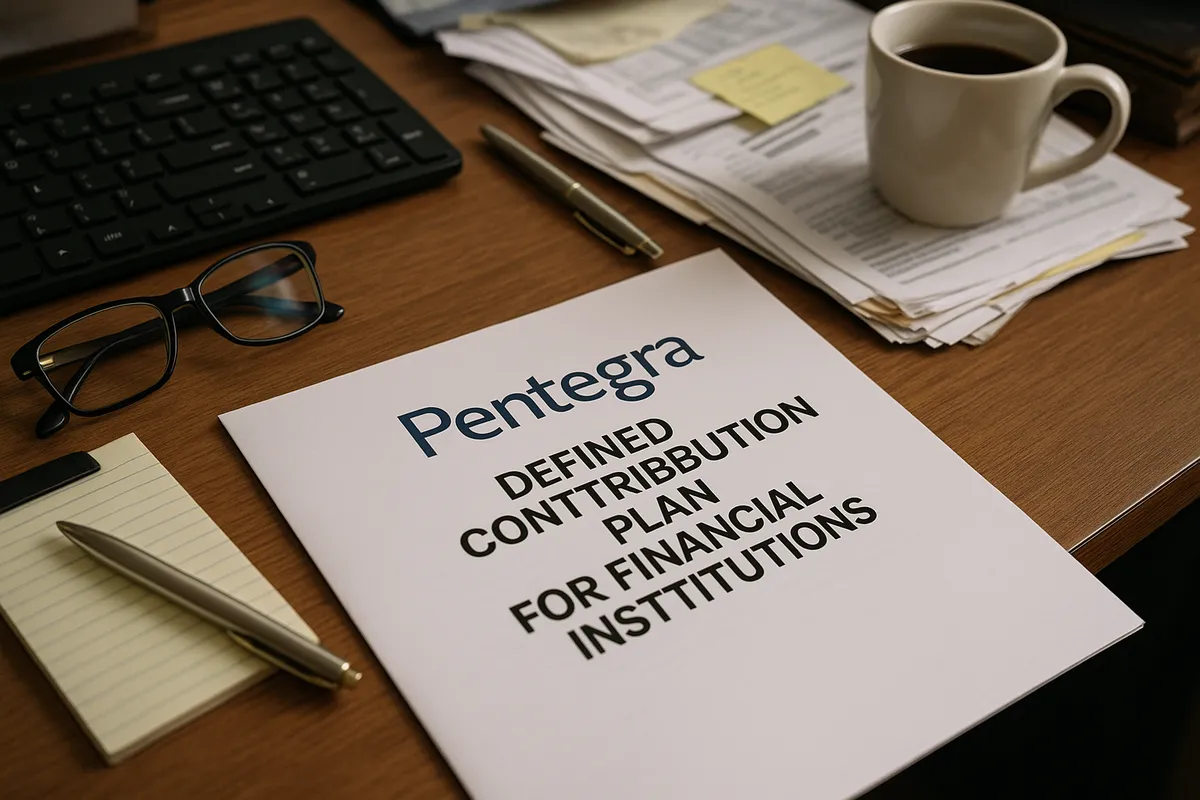
Employees who participated in or were a beneficiary of the Pentegra Defined Contribution Plan for Financial Institutions at any time between Sept. 15, 2014, and April 30, 2025, may qualify to claim a cash payment from a class action settlement.
Pentegra Services Inc. agreed to pay $48,500,000 to resolve a class action lawsuit alleging it violated the Employee Retirement Income Security Act of 1974 by causing the plan to pay excessive fees for recordkeeping and administrative services.
Who are the class members?
The settlement class includes all participants and beneficiaries of the Pentegra Defined Contribution Plan for Financial Institutions from Sept. 15, 2014, through April 30, 2025.
Class members are divided into two categories:
- Current participants: Those who had an account balance in the plan as of April 30, 2025.
- Former participants: Those who no longer had a plan account with a balance greater than $0 as of April 30, 2025.
Beneficiaries, alternate payees or attorneys-in-fact of former participants can file a claim if they provide documentation of their authority to act on behalf of the class member.
How much is the Pentegra ERISA settlement?
Pro rata payment: The total settlement fund is $48,500,000. After deducting administrative expenses, taxes, court-approved attorneys’ fees and costs, and service awards for class representatives, the settlement administrator will distribute the remaining amount to eligible class members on a pro rata basis. This means each eligible class member’s share is proportional to their account balance or participation relative to the total of all class members.
Those with higher account balances or longer participation in the plan will receive larger shares while those with lower balances or shorter participation will receive smaller shares.
Class members who are entitled to a distribution of less than $10 will receive a minimum payment of $10.
How to claim a settlement payment
- Current participants do not need to file a claim form. If the settlement is approved, the settlement administrator will deposit their share directly into their plan account.
- Former participants must submit a claim form to receive payment by completing the online claim form or downloading, printing, completing and and mailing the PDF claim form to the settlement administrator.
Settlement administrator’s mailing address: Pentegra 401(k) Settlement, P.O. Box 2009, Chanhassen, MN 55317-2009
The claim deadline is Nov. 16, 2025.
Required information
All class members must provide their Social Security or taxpayer identification number.
To file an online claim, class members must provide the claim number and PIN from their settlement notice.
Beneficiaries, alternate payees or attorneys-in-fact must provide documentation showing authority to act on behalf of the class members.
Payout options
Former participants can choose to receive their payment by paper check mailed to their last known address or rollover to a qualified retirement account, such as a 401(k), 403(b), 457(b), Traditional IRA or Roth IRA. If the class member does not make a payment election, they will receive a paper check by default.
Current participants will receive their share deposited directly into their plan account.
$48.5 million settlement fund
The $48,500,000 settlement fund includes:
- Settlement administration costs: To be determined
- Attorneys’ fees: Up to $16,165,050
- Attorneys’ expenses: Up to $1,185,000
- Service awards to class representatives: Up to $25,000 each for three representatives (up to $75,000)
- Payments to eligible class members: The remainder of the fund
Important dates
- Claim submission deadline: Nov. 16, 2025
- Final approval hearing: Nov. 26, 2025
When is the Pentegra 401(k) settlement payout date?
The settlement administrator will issue payments to eligible class members approximately 150 days after it resolves any appeals and the court grants final approval.
Why is there a class action settlement?
The class action lawsuit alleged Pentegra Services Inc. violated the Employee Retirement Income Security Act of 1974 by causing the plan to pay excessive fees for recordkeeping and administrative services.
The defendants deny all allegations of wrongdoing and maintain that they acted prudently and in the best interests of plan participants. However, both sides agreed to settle the case to avoid the uncertainty and expense of further litigation.
.png)







.webp)
.webp)
.webp)

.webp)
.webp)
.webp)
.webp)







.svg)
Comments